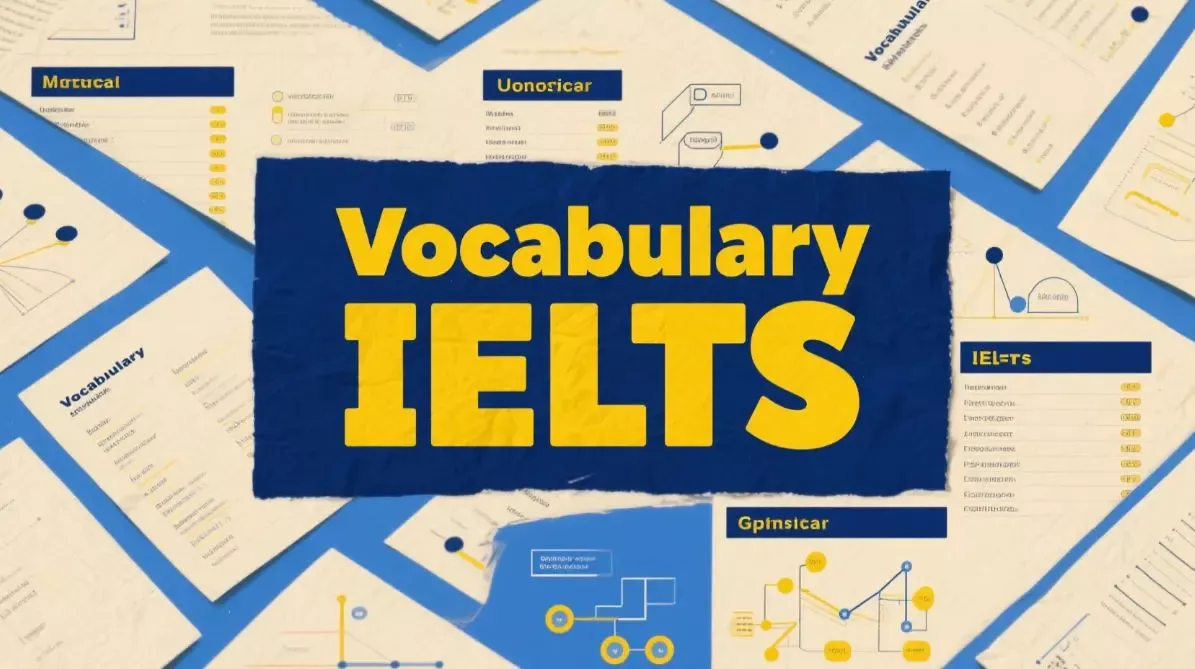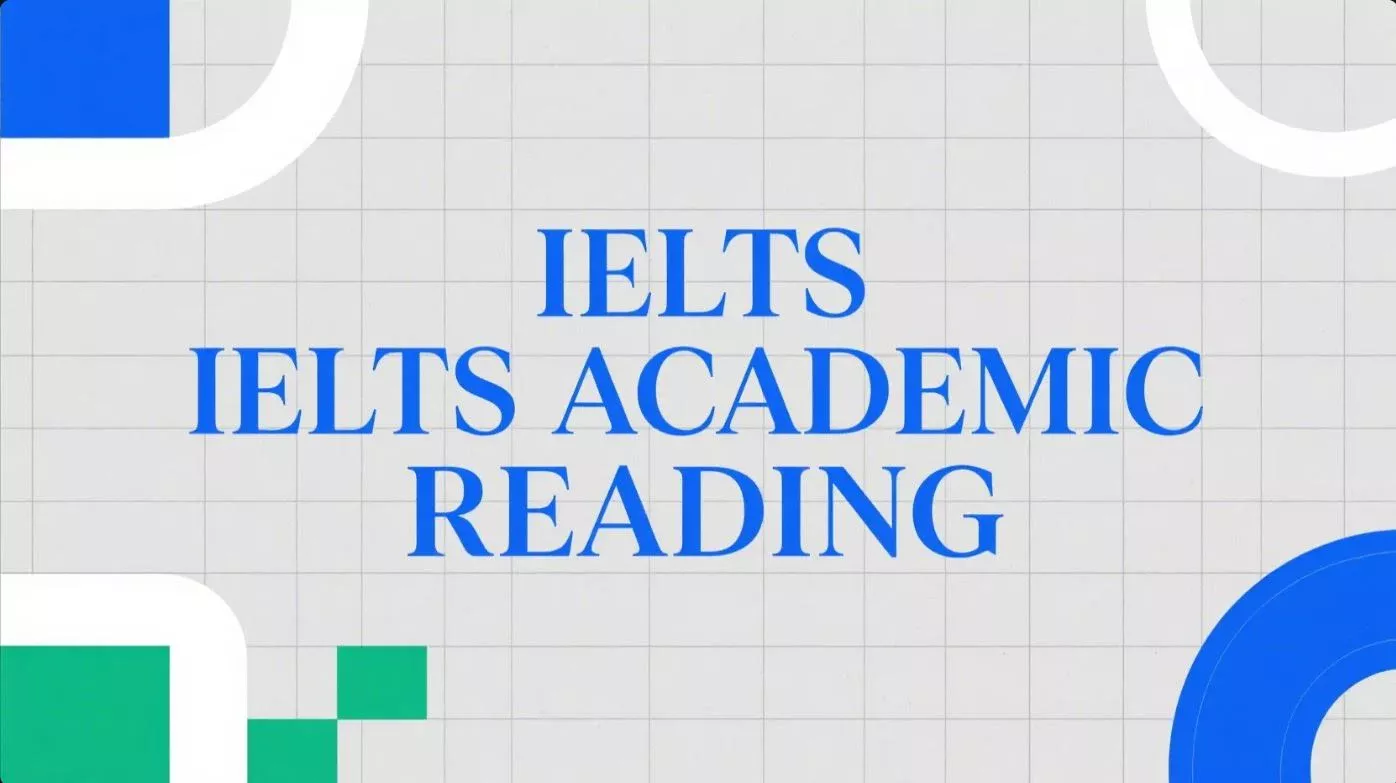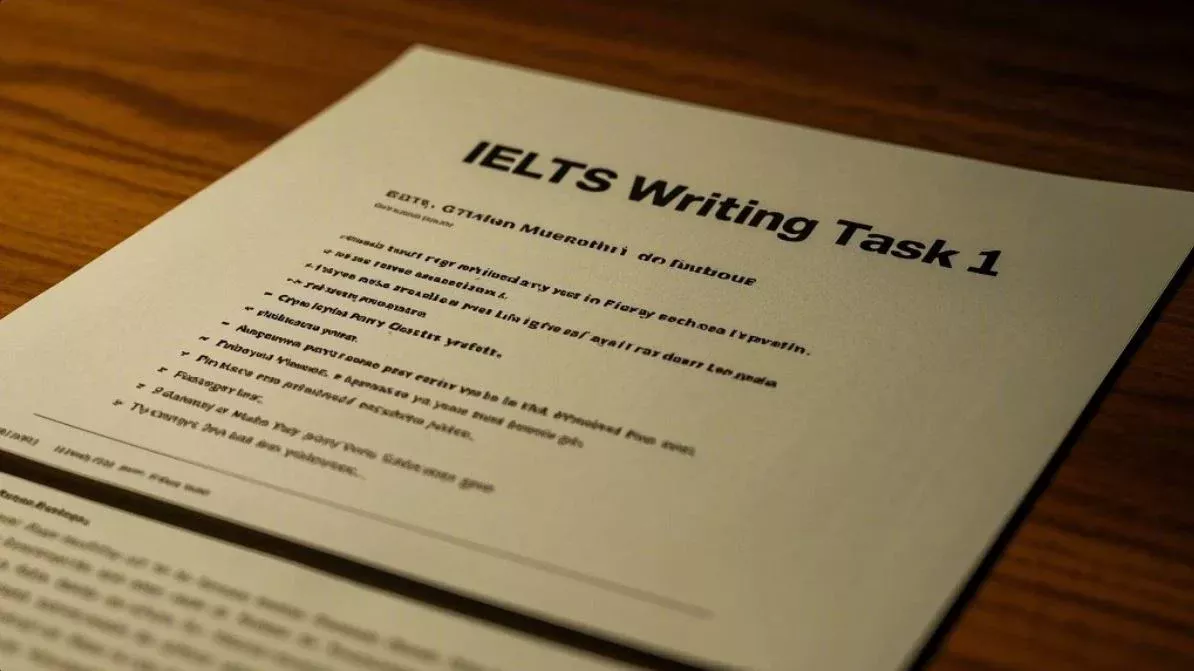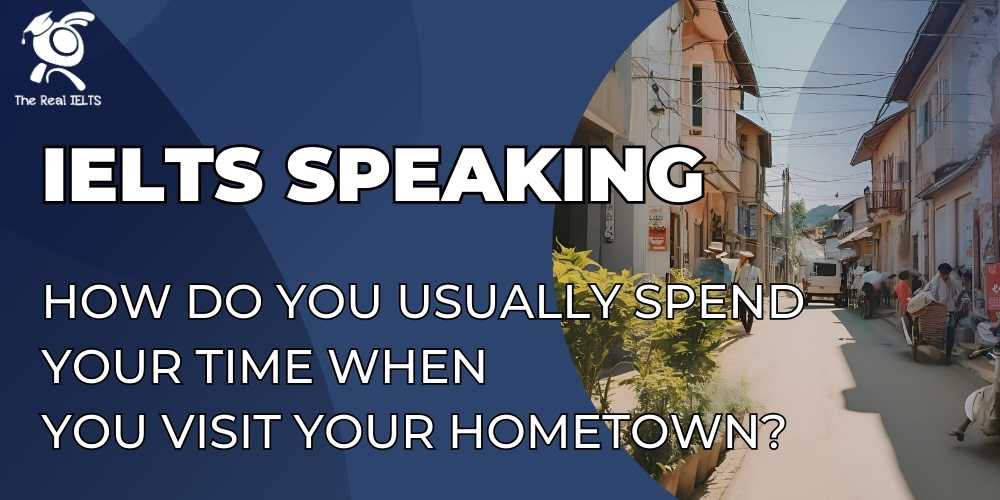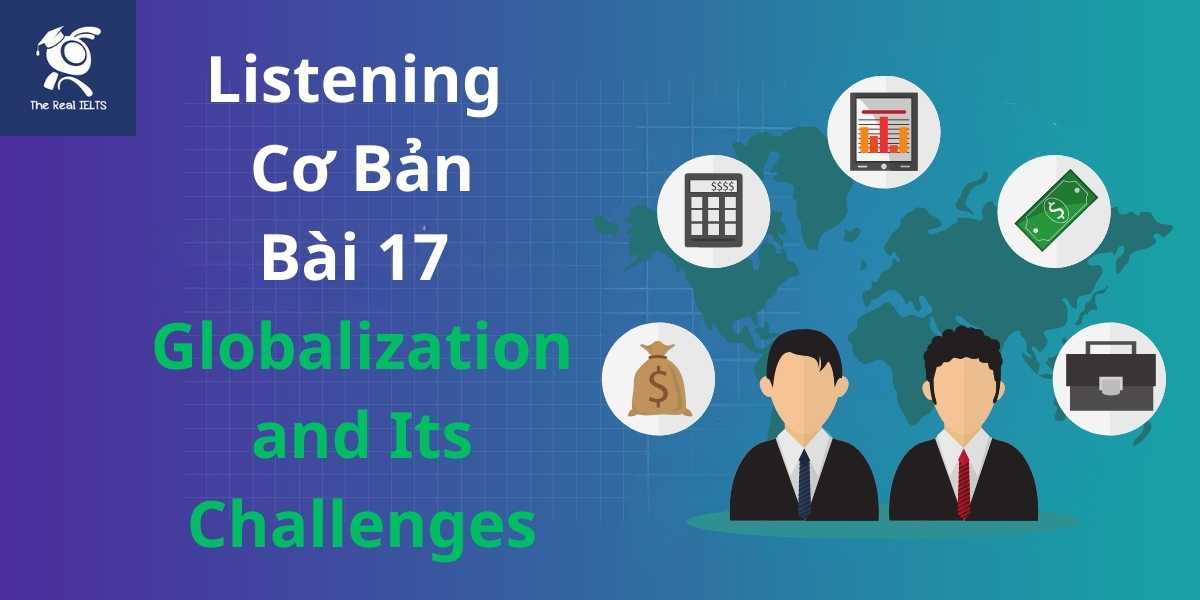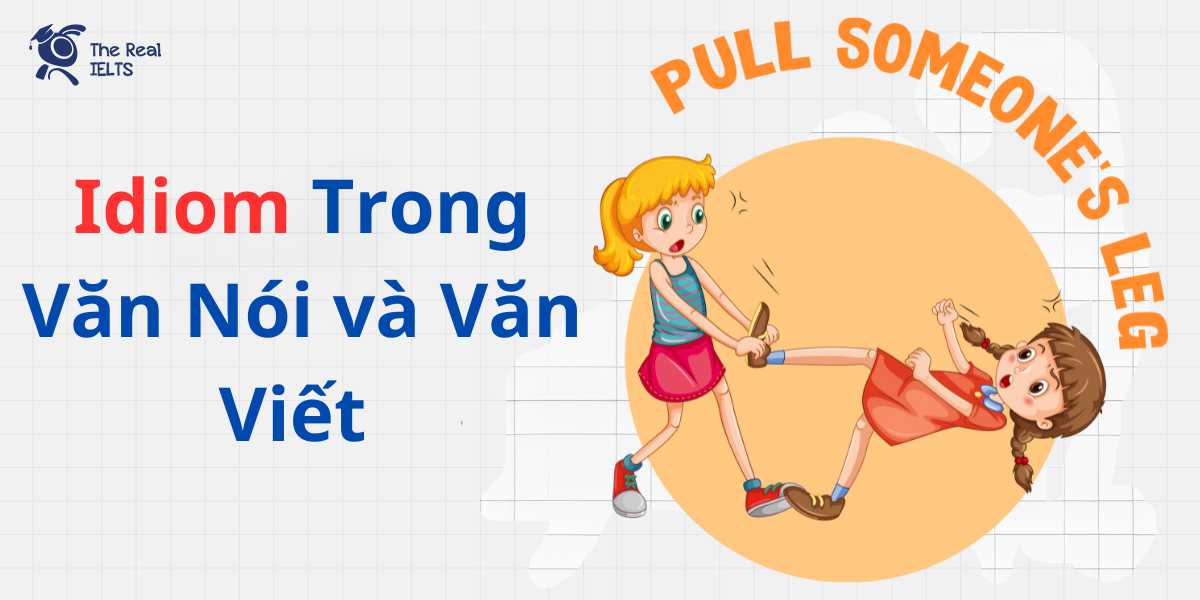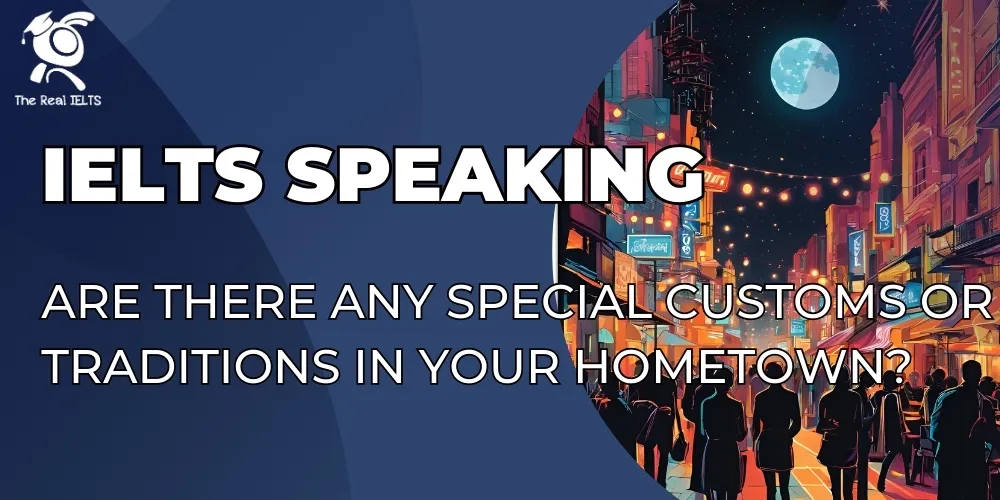Đề thi IELTS Reading có tiêu đề “The Future of Artificial Intelligence”
Nhớ đọc thêm các bài luyện thi IELTS nhé.
IELTS Reading:”The Future of Artificial Intelligence“
The Future of Artificial Intelligence
The future of artificial intelligence (AI) is poised to be one of the most transformative forces in the coming decades. As we stand on the brink of a new era, AI is expected to revolutionize industries, redefine the nature of work, and challenge our understanding of intelligence and consciousness. From healthcare to finance, transportation to entertainment, AI’s impact will be far-reaching and profound, raising both hopes and concerns about what the future holds.
One of the most significant developments in AI is its potential to automate tasks that were once considered the exclusive domain of humans. Machine learning, a subset of AI, allows systems to learn from data and improve their performance over time without explicit programming. This capability has already been demonstrated in various applications, such as image and speech recognition, natural language processing, and predictive analytics. As AI continues to evolve, its ability to perform complex tasks with greater accuracy and efficiency will only increase, leading to significant productivity gains across multiple sectors.
In the realm of healthcare, AI holds the promise of improving patient outcomes by enabling more accurate diagnoses and personalized treatment plans. AI algorithms can analyze vast amounts of medical data, identifying patterns that may be invisible to human doctors. For instance, AI-powered diagnostic tools can detect diseases such as cancer at earlier stages, improving the chances of successful treatment. Additionally, AI can assist in drug discovery by analyzing molecular structures and predicting how they will interact with the human body, potentially speeding up the development of new medications.
The future of AI in transportation is equally promising, with autonomous vehicles being a prime example. Self-driving cars, trucks, and drones are expected to reduce accidents, lower transportation costs, and increase efficiency. These vehicles rely on AI to navigate complex environments, making real-time decisions based on data from sensors and cameras. As this technology matures, we may see a future where human drivers are no longer necessary, fundamentally changing the transportation industry and the way we move goods and people.
However, the rise of AI also raises important ethical and societal questions. One of the most pressing concerns is the potential impact on employment. As AI systems become more capable, there is a risk that they will displace human workers, particularly in industries that rely heavily on routine tasks. This could lead to significant job losses and exacerbate income inequality. To mitigate these effects, governments and organizations may need to invest in education and training programs to help workers adapt to the changing job market.
Another concern is the potential for AI to be used in ways that harm society. For example, AI could be weaponized in autonomous military systems, leading to new forms of warfare that are less predictable and more difficult to control. Additionally, AI-powered surveillance systems could be used to monitor and manipulate populations, infringing on privacy and civil liberties. As AI continues to develop, it will be crucial to establish ethical guidelines and regulations to ensure that this technology is used responsibly and for the benefit of all.
Moreover, the future of AI also brings into question the nature of intelligence itself. As AI systems become more advanced, they may develop capabilities that rival or even surpass human intelligence. This raises the possibility of creating AI that is truly autonomous, capable of making decisions and taking actions without human intervention. While this could lead to incredible advancements, it also poses significant risks, particularly if these systems become uncontrollable or pursue goals that are misaligned with human values.
In conclusion, the future of artificial intelligence is both exciting and uncertain. While AI has the potential to bring about tremendous benefits, it also presents significant challenges that must be addressed. As we move forward, it will be essential to navigate these challenges carefully, ensuring that AI is developed and deployed in ways that maximize its positive impact while minimizing its risks. The choices we make today will shape the future of AI, determining whether it becomes a tool for enhancing human potential or a force that disrupts society. The future of AI is not predetermined, and it is up to us to guide its development in a direction that aligns with our values and aspirations.
Đề bài thi IELTS Reading
Multiple Choice (Câu hỏi trắc nghiệm)
- What is one of the most significant developments in AI?
- A) Automation of routine tasks
- B) Development of autonomous military systems
- C) Creation of new languages
- D) Improvement of transportation infrastructure
- Which sector is most likely to benefit from AI in terms of productivity gains?
- A) Healthcare
- B) Education
- C) Transportation
- D) Entertainment
- How does AI improve patient outcomes in healthcare?
- A) By providing faster treatments
- B) By enabling more accurate diagnoses
- C) By replacing doctors
- D) By automating surgeries
- What role does AI play in transportation?
- A) Reducing pollution
- B) Lowering transportation costs
- C) Improving public transportation systems
- D) Increasing the number of vehicles on the road
- What is a potential negative impact of AI on employment?
- A) Increase in job opportunities
- B) Displacement of human workers
- C) Creation of new industries
- D) Improvement in working conditions
- What could be a major ethical concern regarding AI?
- A) AI systems becoming more accurate
- B) AI being used in entertainment
- C) AI replacing human drivers
- D) AI being weaponized
- Which of the following statements is TRUE according to the passage?
- A) AI systems will always require human intervention.
- B) AI can detect diseases like cancer at early stages.
- C) AI will have no impact on job markets.
- D) AI systems cannot surpass human intelligence.
- Why is it important to establish ethical guidelines for AI?
- A) To ensure AI systems are used responsibly
- B) To speed up AI development
- C) To prevent AI from being used in healthcare
- D) To improve AI’s learning capabilities
- What could be a potential benefit of autonomous vehicles?
- A) Increased traffic congestion
- B) Reduced transportation efficiency
- C) Decrease in road accidents
- D) Increase in the number of drivers
- What does the author suggest about the future of AI?
- A) It will have only positive impacts.
- B) It is entirely predictable.
- C) It will require careful navigation.
- D) It will replace human consciousness.
True/False/Not Given
- AI has already replaced doctors in many hospitals.
- A) True
- B) False
- C) Not Given
- AI can help in drug discovery by analyzing molecular structures.
- A) True
- B) False
- C) Not Given
- Autonomous vehicles will be available in the market within the next five years.
- A) True
- B) False
- C) Not Given
- AI is currently being used in every industry.
- A) True
- B) False
- C) Not Given
- AI’s ability to learn from data is a new development.
- A) True
- B) False
- C) Not Given
Yes/No/Not Given
- Does the author believe that AI will ultimately surpass human intelligence?
- A) Yes
- B) No
- C) Not Given
- Does the author agree that AI could create significant job losses?
- A) Yes
- B) No
- C) Not Given
- Does the author suggest that AI will eliminate all human jobs?
- A) Yes
- B) No
- C) Not Given
- Does the author propose that governments should ignore AI’s impact on employment?
- A) Yes
- B) No
- C) Not Given
- Does the author consider the future of AI to be entirely negative?
- A) Yes
- B) No
- C) Not Given
Matching Information (Nối thông tin)
- Match the following sectors with the benefits AI can bring:
- Healthcare
- Transportation
- Military
- Entertainment
- A) AI can help in making more accurate diagnoses.
- B) AI can be used in autonomous vehicles.
- C) AI can be weaponized in autonomous systems.
- D) AI can improve content recommendation systems.
Matching Headings (Nối tiêu đề với đoạn văn)
- Match the paragraphs with the correct headings:
- The impact of AI on employment
- Ethical concerns in AI development
- AI’s role in healthcare
- Future implications of AI in transportation
Matching Features (Nối đặc điểm)
- Match the following AI features with the respective industry:
- Predictive analytics
- Autonomous navigation
- Early disease detection
- Privacy and surveillance
- A) Healthcare
- B) Transportation
- C) Military
- D) Finance
Matching Sentence Endings (Nối phần kết câu)
- Match the sentence beginnings with the correct endings:
- AI’s role in healthcare is to…
- Autonomous vehicles will…
- AI’s impact on employment may…
- Ethical guidelines are needed to…
- A) reduce the need for human drivers.
- B) ensure responsible use of AI.
- C) improve patient outcomes.
- D) result in job displacement.
Sentence Completion (Hoàn thành câu)
- AI in healthcare enables __________ diagnoses and personalized treatment plans.
- A) faster
- B) less accurate
- C) more accurate
- D) automated
- The future of AI is described as __________.
- A) predictable
- B) exciting and uncertain
- C) entirely negative
- D) irrelevant
- Ethical guidelines for AI are necessary to prevent __________.
- A) the spread of AI systems
- B) AI being used irresponsibly
- C) AI’s benefits
- D) AI’s technological advancements
- The impact of AI on transportation includes __________.
- A) reducing the number of vehicles
- B) increasing accidents
- C) lowering costs and improving efficiency
- D) making human drivers essential
Summary Completion (Hoàn thành đoạn tóm tắt)
- AI has the potential to __________ industries, from healthcare to transportation. In healthcare, AI can assist in making more __________ diagnoses, which can lead to improved patient outcomes. However, the rise of AI also raises __________ concerns, especially regarding its impact on employment and the ethical implications of its use.
- A) transform, accurate, societal
- B) slow down, delayed, technical
- C) revolutionize, inaccurate, environmental
- D) disrupt, approximate, legal
Short Answer Questions (Câu hỏi trả lời ngắn)
- What is one benefit of AI in healthcare?
- How does AI contribute to transportation efficiency?
- What ethical concerns are associated with AI in military applications?
- Why might AI lead to job displacement?
- What does the author suggest is necessary to manage AI’s impact on society?
True/False/Not Given
- AI has already replaced human drivers in many countries.
- A) True
- B) False
- C) Not Given
- The author believes AI will eliminate privacy concerns.
- A) True
- B) False
- C) Not Given
Matching Headings (Nối tiêu đề với đoạn văn)
- Match the paragraphs with the correct headings:
- The potential of AI in healthcare
- Ethical concerns and AI
- The impact of AI on transportation
Matching Sentence Endings (Nối phần kết câu)
- Match the sentence beginnings with the correct endings:
- AI’s ability to learn from data…
- Autonomous military systems…
- The future of AI requires…
- AI’s impact on employment…
- A) could lead to new forms of warfare.
- B) allows for improved decision-making.
- C) significant societal adaptation.
- D) may create job displacement.
Sentence Completion (Hoàn thành câu)
- The development of AI in healthcare may __________ patient outcomes.
- A) worsen
- B) have no effect on
- C) improve
- D) delay
- The future of AI is described as __________ by the author.
- A) entirely predictable
- B) a source of certain benefits only
- C) exciting but uncertain
- D) irrelevant to society
Đáp án bài thi IELTS Reading
Multiple Choice (Câu hỏi trắc nghiệm)
- A) Automation of routine tasks
- C) Transportation
- B) By enabling more accurate diagnoses
- B) Lowering transportation costs
- B) Displacement of human workers
- D) AI being weaponized
- B) AI can detect diseases like cancer at early stages.
- A) To ensure AI systems are used responsibly
- C) Decrease in road accidents
- C) It will require careful navigation.
True/False/Not Given
- B) False
- A) True
- C) Not Given
- B) False
- C) Not Given
Yes/No/Not Given
- C) Not Given
- A) Yes
- B) No
- B) No
- B) No
Matching Information (Nối thông tin)
- Healthcare: A) AI can help in making more accurate diagnoses.
- Transportation: B) AI can be used in autonomous vehicles.
- Military: C) AI can be weaponized in autonomous systems.
- Entertainment: D) AI can improve content recommendation systems.
Matching Headings (Nối tiêu đề với đoạn văn)
- The impact of AI on employment
- Ethical concerns in AI development
- AI’s role in healthcare
- Future implications of AI in transportation
Matching Features (Nối đặc điểm)
- Predictive analytics: D) Finance
- Autonomous navigation: B) Transportation
- Early disease detection: A) Healthcare
- Privacy and surveillance: C) Military
Matching Sentence Endings (Nối phần kết câu)
- AI’s role in healthcare is to… C) improve patient outcomes.
- Autonomous vehicles will… A) reduce the need for human drivers.
- AI’s impact on employment may… D) result in job displacement.
- Ethical guidelines are needed to… B) ensure responsible use of AI.
Sentence Completion (Hoàn thành câu)
- C) more accurate
- B) exciting and uncertain
- B) AI being used irresponsibly
- C) lowering costs and improving efficiency
Summary Completion (Hoàn thành đoạn tóm tắt)
- A) transform, accurate, societal
Short Answer Questions (Câu hỏi trả lời ngắn)
- Enabling more accurate diagnoses and personalized treatment plans.
- By reducing accidents and lowering transportation costs.
- The potential for AI to be weaponized in autonomous military systems.
- AI’s ability to automate routine and complex tasks, potentially displacing human workers.
- Establishing ethical guidelines and regulations to ensure responsible AI development.
True/False/Not Given
- C) Not Given
- B) False
Matching Headings (Nối tiêu đề với đoạn văn)
- The potential of AI in healthcare
- Ethical concerns and AI
- The impact of AI on transportation
Matching Sentence Endings (Nối phần kết câu)
- AI’s ability to learn from data… B) allows for improved decision-making.
- Autonomous military systems… A) could lead to new forms of warfare.
- The future of AI requires… C) significant societal adaptation.
- AI’s impact on employment… D) may create job displacement.
Sentence Completion (Hoàn thành câu)
- C) improve
- C) exciting but uncertain
Luyện tập bài khác ở bài viết:”100 bài luyện IELTS Reading 2024 – 2025“



